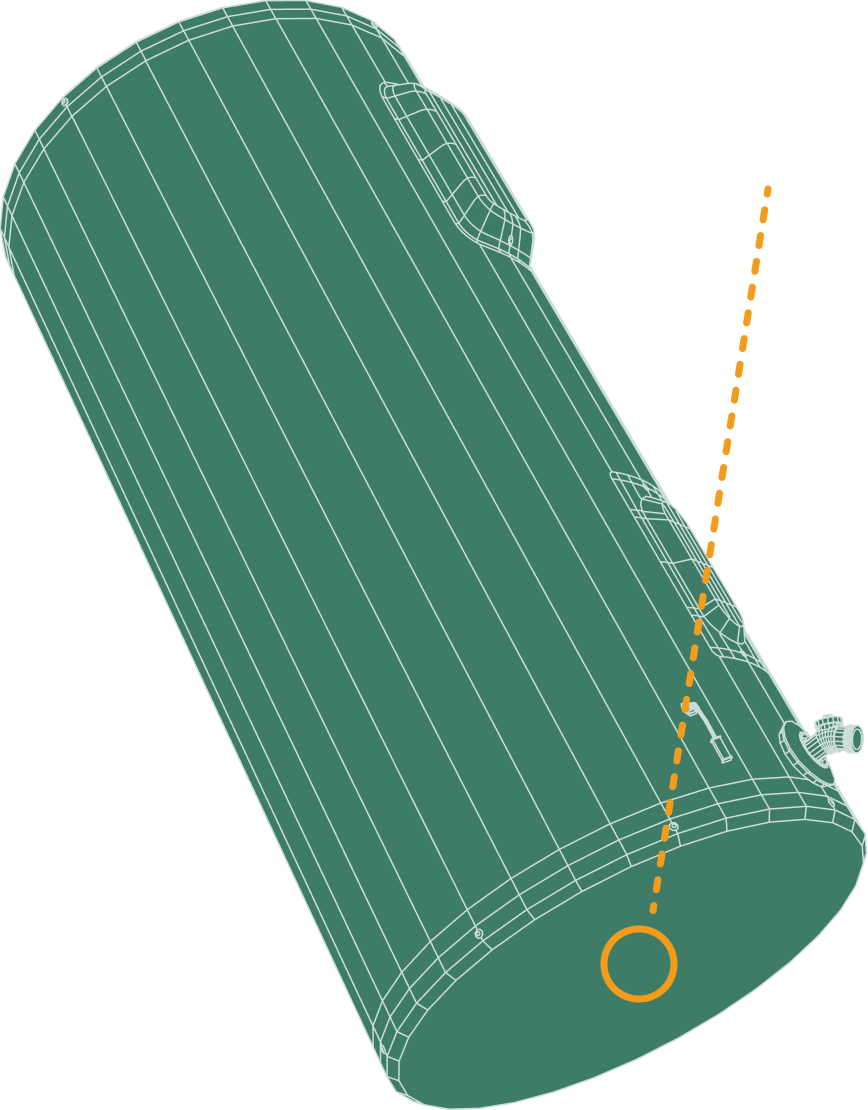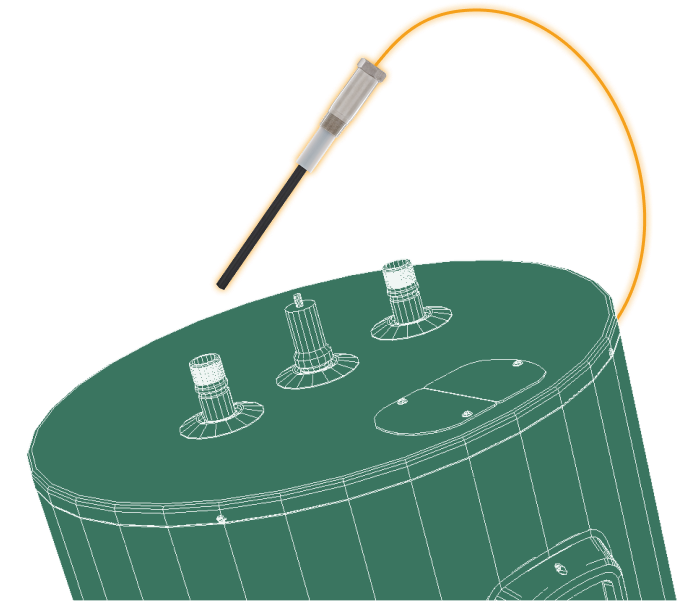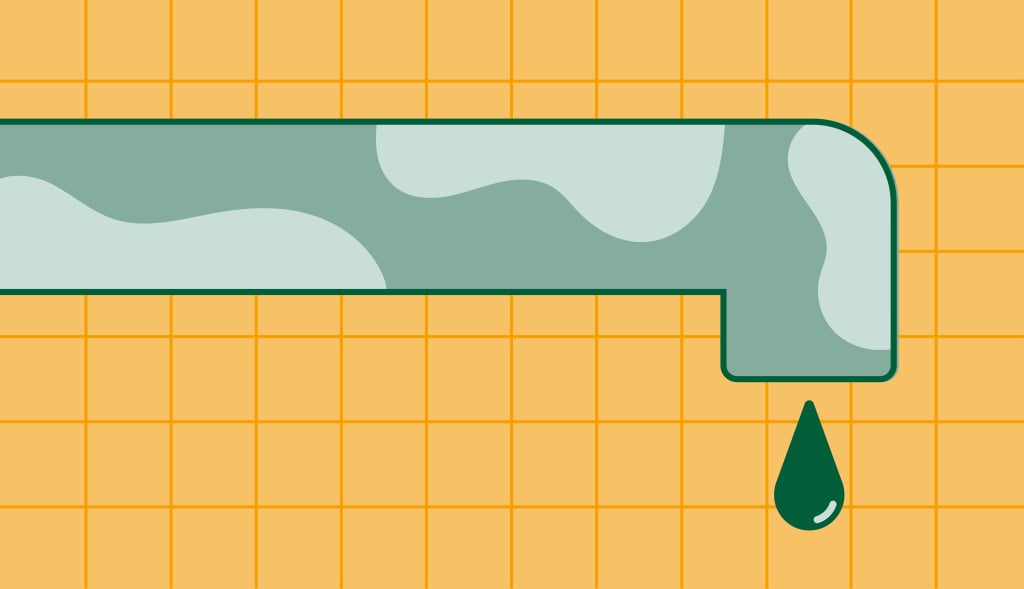Water Heater Sediment

Are you facing issues with water heater sediment? Does the sediment in your water heater reduce its efficiency, leading to inconsistent water temperature? If you’ve noticed these hot water heater sediment symptoms, it’s high time you learned about the Corro-Protec anode.
Dealing with sediment buildup in your heater tanks can be a complex task. Often, the sediment settles at the bottom of the tank, causing numerous issues. Conventional wisdom suggests you flush your water heater regularly using the drain valve to ensure smooth functioning. However, Corro-Protec provides an easier, more efficient solution.
Traditionally, removing sediment involved closing the cold water valve, attaching a hose to the drain valve, and allowing the water to flow until the sediment is completely flushed out. This draining process had to be repeated periodically, based on the level of sediment buildup, which can be a hassle for most homeowners. But, with Corro-Protec, you can sidestep this tedious process entirely.





How Corro-Protec reduces sediment accumulation
The Corro-Protec anode is designed to significantly reduce sediment buildup in your hot water tank without any need for maintenance. The Corro-Protec anode produces a controlled, low-level electrical current into the water. This current disrupts the ability of the dissolved minerals in the water to crystallize and settle out as scale or sediment. Therefore, instead of accumulating as a hard layer of sediment at the bottom of your tank, the minerals stay dissolved in the water and flow out when the hot water is used.
As a result, the Corro-Protec system substantially minimizes the sediment buildup in your water heater. This not only helps to maintain the heater’s efficiency but also extends its lifespan by preventing damage caused by excessive sediment. It’s a smart, maintenance-free solution for keeping your water heater clean and efficient.
What Causes Sediment Buildup Inside Water Heater?
Hard Water
The most common cause of sediment buildup in water heaters is hard water, which contains high levels of minerals such as calcium and magnesium. When hard water is heated in the water heater, these minerals precipitate out and form sediment. Over time, this sediment accumulates at the bottom of the tank, leading to various problems such as reduced efficiency and potential damage.
Corrosion
Another cause of sediment buildup is corrosion within the tank. Over time, the internal components of the water heater, including the tank itself, can begin to corrode. This corrosion material then falls to the bottom of the tank, contributing to the sediment buildup. The corrosion process can be accelerated if the water has a low pH (is acidic), which is more corrosive to the metal components.
Sediment Buildup Causes Many Water Heater Problems
Acts as a barrier
The sediment layer at the bottom of the tank acts as a barrier between the burner or heating element and the water. As a result, more energy is required to heat the water to the desired temperature. This energy inefficiency leads to higher gas or electricity costs, as the water heater has to run longer and work harder to heat your water.
Reduces water capacity
As sediment builds, it reduces the amount of available space for water in the tank. This means your hot water heater can’t hold as much water as it once did, leading to shorter hot water supply durations. This could result in more frequent heater cycles, contributing to increased energy consumption.
Causes over-heating
For gas water heaters, sediment buildup can cause the tank bottom to overheat, which could damage the tank and decrease its lifespan. This overheating happens because the burner has to work extra hard to heat water through the insulating layer of sediment. This not only leads to higher gas consumption but also raises the risk of premature equipment failure.
Don’t let sediment buildup compromise your water heater’s efficiency and escalate your energy bills.
Opt for the Corro-Protec anode system – a comprehensive solution designed to tackle all sediment-related issues in your water heater. Corro-Protec works by drastically reducing sediment buildup, ensuring consistent heating and prolonging the lifespan of your water heater. With Corro-Protec, your water heater remains energy-efficient, saving you unnecessary electricity and gas costs, and granting you peace of mind. Choose Corro-Protec, choose efficiency.

Blog
Hard Water Stains : 3 Easy Ways To Prevent It
Hard Water Stains Come from Limescale In The Hot Water Lack of pressure in the faucets, whitish deposits (hard water stains) on the walls of […]
Washing Hair in Hard Water: Your Ultimate Guide
Understanding Hard Water and Its Effects on Hair Hard water, characterized by a high concentration of dissolved minerals like calcium and magnesium, can pose several […]


4.89/5 Basado en 403 reseñas
«Installed this unit a year ago after having a constant issue of plugged spray heads due apparently to sediment from disintegrating anodes. I had this problem before and after installation of a new water heater. When I removed the old anode there was noticeable degradation, even in the two year old new water heater. Since installation of the Corro-Protec I have not had a single incident of plugged spray heads. Having been in the oil pipeline business, I fully understand the value of efficient cathodic protection.»
Island B.
«I purchased a Rheem hot water heater in May of 2018. I’ve long struggled with smelly well water until I came across this product. I installed the Corro-Protec in May of 2020 after learning about this product online. Today, I decided to flush the hot water heater since it had never been done. There was absolutely no trace of sediment in the tank like you would normally get if you left the anode rod in. Not only has the Corro-Protec eliminated the rotten egg smell, it’s kept the inside of the tank spotless. This is a product that REALLY works and is worth every penny.»
Jenn J.